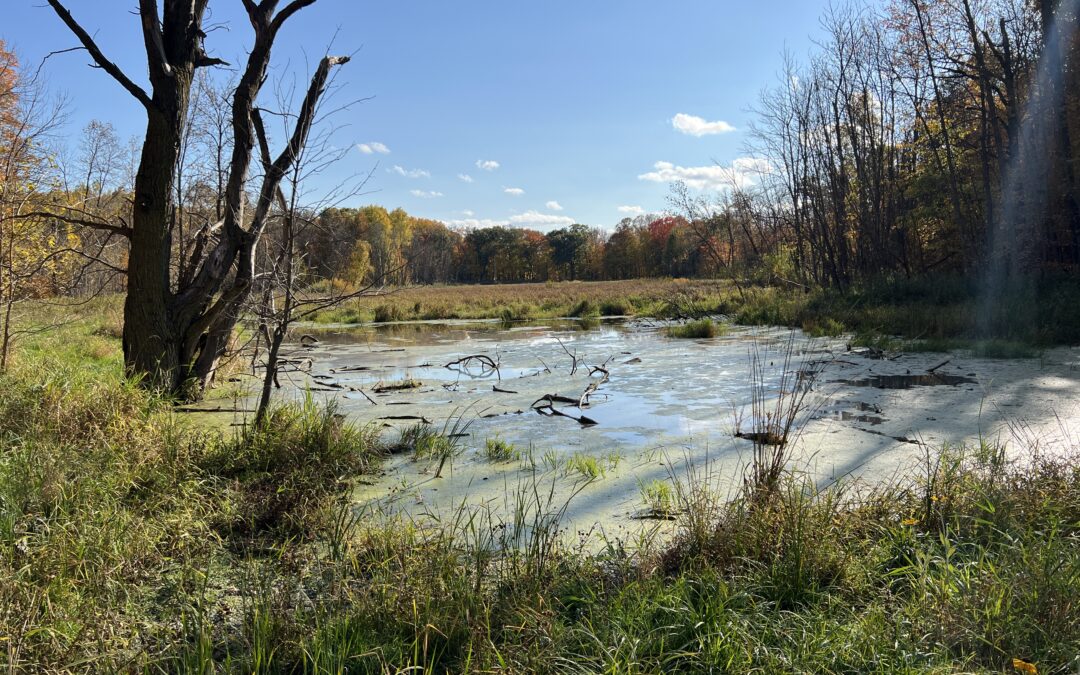It’s no secret that conservation and restoration projects can be expensive. Fortunately, many grants and incentive programs are available to help you restore these critical ecosystems.
One landowner’s action can help support our entire ecosystem, so it’s essential to work together to preserve our natural resources. Let’s take a closer look at some of the popular incentives available to Minnesota and Wisconsin landowners to help restore our native environments.
Federal Grants for Conservation Assistance
The U.S. Fish & Wildlife Service and the United States Environmental Protection Agency (EPA) support wetland restoration through various grant programs. These programs range from supporting the operation and maintenance of wildlife management areas to restoring and enhancing wetland and coastal regions, including along the Wisconsin Coastal Zone between Lake Superior and Lake Michigan.
Some of the most popular federal programs include:
- Wetland Program Development Grants
- Five-Star Restoration Program
- Wetlands Reserve Program
- National Coastal Wetlands Conservation Grant Project
- North American Wetlands Conservation Act Grant Program
- NOAA Restoration Center Programs
A few of the most popular U.S. Fish and Wildlife Service programs include:
- Wetland Easements
- National Coastal Wetlands Conservation Grants
- North American Wetland Conservation Act (NAWCA) Canada Grants
- North American Wetland Conservation Act (NAWCA) U.S. Small Grants
Local & State Assistance for Wetland Restoration
You don’t have to rely on federal grants to get the funding you need for your next wetland restoration project. Local and state governments also offer a variety of assistance programs to help you restore our environment.
The Minnesota Board of Water and Soil Resources (MN BWSR) offers several resources to help landowners make the most of their land. They are interested in all wetland restoration projects, including seedbed preparation, reseeding, deep marsh establishment, and wild rice establishment.
In addition to offering funding opportunities, they also provide guidance on handling agricultural wetlands and blending the need for modern roads with wetland restoration efforts. They have also prepared a robust Minnesota Wetland Restoration Guide, full of valuable research and information on restoration strategies.
Wisconsin and Minnesota Government Programs
The Wisconsin Department of Natural Resources also offers several grants through the Wisconsin Wetland Conservation Trust. They award several million dollars of grants yearly to different wetland mitigation projects throughout the state.
The Minnesota DNR provides a Conservation Partners Legacy Grant Program to provide matching grants ($5,000 to $500,000) to local, regional, state, and national nonprofit organizations, including government entities.
The Minnesota Pollution Control Agency also provides planning grants for stormwater, wastewater, and community resilience. More info is available here.
Conservation Engineering and Cost-Share Programs
Take a look at some of these local opportunities for funding assistance:
Watershed Management Organizations and Partners
Many private organizations partner with Midwest states to offer funding assistance and programs. Minnehaha Creek Watershed District has this list, and the Ramsey-Washington Metro Watershed District offers stewardship grants to public and private landowners.
The Minnesota Land Trust is another organization providing grant opportunities.
Nonprofit Organizations
When you need to get creative for your wetland restoration funding, check out nonprofit organizations like the National Association of Wetland Managers. These organizations can connect you to resources and funding that may help you with your restoration project.
Let Midwest Wetland Improvements Help You Secure the Funding You Need
While many funding opportunities are available, navigating the course of state and federal government grants can take a lot of work!
At Midwest Wetland Improvements, we have been working with state and federal resources for years. Let us help you identify what funding is available to you depending on your property type, the state or county where your land is located, and the restoration project you have in mind.
Contact us today to discover how we can help you navigate these tricky waters and start your project on the right foot.


I believe Clark County contributed grant money to our wetland restoration project. Were there other grants that you procured?